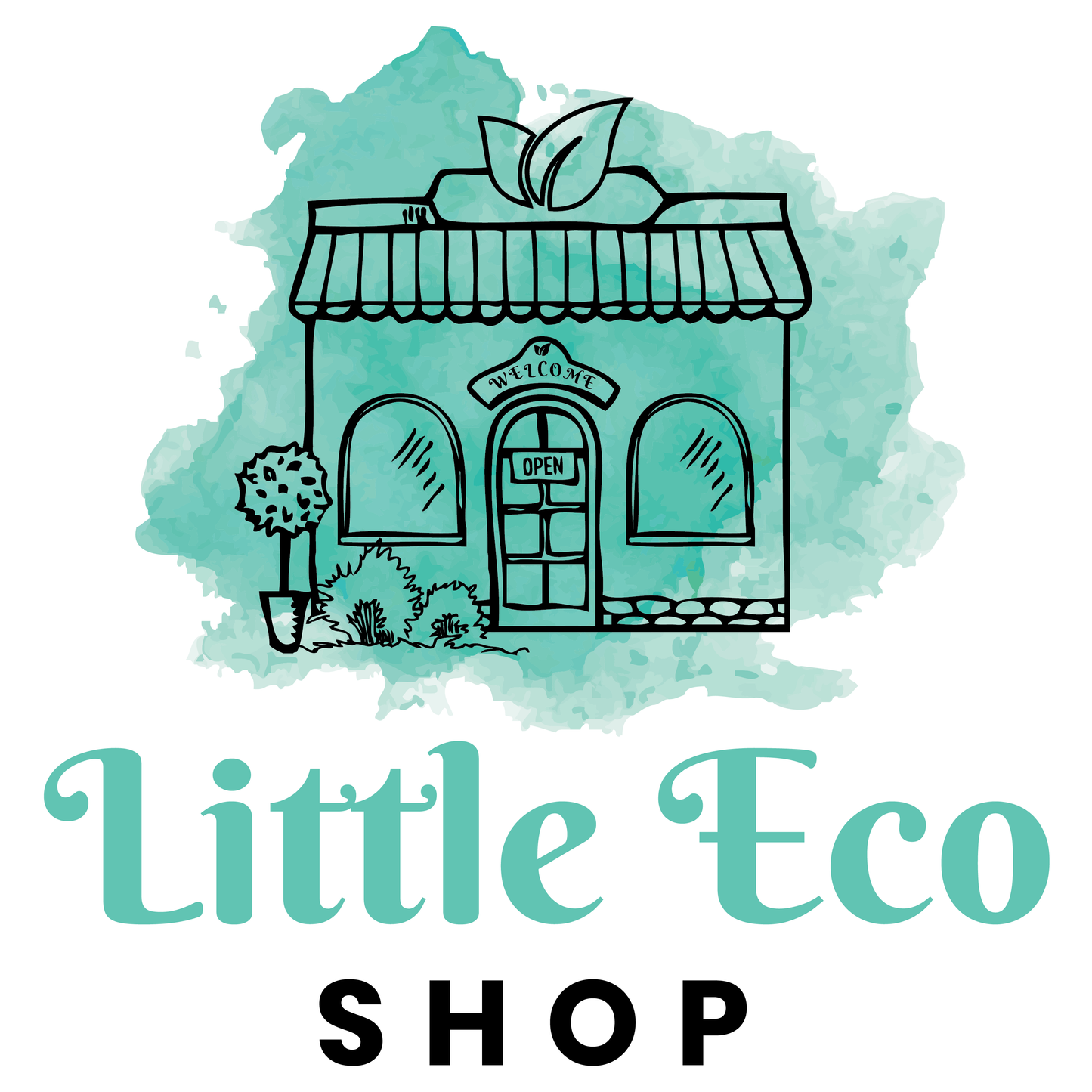
Greenwashing is having a red-hot decade. If you’re not already acquainted with the term, it’s a marketing practice which dupes consumers into thinking that a product or brand is more eco-friendly than it truly is. It’s been commonplace for some time, but with recent government crackdowns on plastic production, and more consumers shunning synthetics, corporations are becoming ever sneakier in their marketing tactics.
It’s hard to imagine anyone eating up saccharine ads from fast food giants, who systematically poison the masses, spouting how much they care for the environment. Or trusting the personal care offshoots of big pharma, when they slap sage green labelling on shampoos and soaps typically bubbling with parabens and petrochemical derivatives. But greenwashing is not always so overt.
While no new product can ever be classed as truly sustainable, some are far greener than others. It’s easy to cut through the spin when you’ve majored in marketing and shopped green for nearly a decade, but anyone can hone their BS detector and learn to spot the fakes from brands with an authentic, holistic approach to sustainability. These few simple tips will help you to make healthier decisions for yourself and the environment.
Label love
Greenwashing corporates know that you’re busy, and they’re counting on that busyness to keep you from turning that earthy-looking label over and reading the info on the back. But label reading doesn’t have to be all-consuming.
Anyone can slap ‘eco-friendly’ or ‘natural’ on their labels without doing anything substantial to back up these claims. Look for certification logos from third-party organisations, which guarantee a product has been independently assessed against a number of standards set out by the certifying body.
PETA certifies brands that shun animal testing, Fair Trade International verifies that a company has provided fair and safe work for its producers and makers, Rainforest Alliance denotes high standards of sustainable production, Oeko Tek and GOTS labels are marks of fabric purity, Orangutan Alliance certifies products that are palm oil free, Climate Active certifies carbon neutral brands and Australian Certified Organic speaks for itself.
If there are aspects of sustainability which are more important to you, get to know the certification bodies which have created standards for them and look for their logos when you shop. These organisations often dedicate a section of their website to brands who boast their certification logo, cutting out the hassle of trawling the shopping aisles to look for them.
Perfect packaging (or lack thereof)
Every second brand is using recycled plastic packaging now and many of them were late to the earth-saving party, making them far from ethical. Take bottled water, for example; bottling water in plastic is the very definition of unsustainable. Is a bottled water company sustainable because they now use bottles recycled from the very plastic waste they’ve polluted the environment with for decades? A sustainable brand wouldn’t bottle water in thin plastic, which more easily degrades. Truly ethical brands use minimal packaging and choose recyclable, reusable or compostable materials.
Go beyond the label
When you’re thinking about buying from a new brand, google their website and look for mention of their values and sustainability practices. The ‘about’ page is a good place to start but many brands now dedicate an entire page to sustainability. Bear in mind that a company’s ‘sustainability’ webpage might be the centrepiece of their greenwashing efforts. Look for meaningful and measurable targets, like ‘every piece in our collection will be made from 100% organic or recycled materials by 2023’ or ‘our business will be certified carbon neutral by the end of 2021’, as well as evidence of progress towards these targets.
It’s easy for brands to make bold claims or play up one aspect of sustainability in which they’re making progress, while ignoring others in which they’re performing poorly. A strong indication that a company really means green is the inclusion of sustainability measuring and targets within their annual report – this keeps them accountable to shareholders and investors and means they’re more likely to meet their targets. It’s a requirement for all public companies to produce an annual report, and these are often found on a company’s website.
Beware the hidden trade off
A 2007 study determined that the hidden trade-off is the most common mode of greenwashing, applying to 57% of green marketing claims. Just like food companies labelling their products ‘low fat’, when they’re crammed with sugar (which is far worse), brands will often make a single environmental claim to make themselves appear green.
One example of this is the ‘recycled content’ claim. Without clarity on the percentage of a product or its packaging that is recycled, this phrase is virtually moot. Another consideration is whether that recycled polyester t-shirt has been dyed with chemical colourants, or whether the recycled paper in your office is heavily bleached.
Polyester and paper are hardly paragons of sustainability – polyester releases microplastics into the air, and paper’s manufacture requires more resources than plastic’s – add in nasty chemical dyes and unnecessary packaging, and these virtually cancel out the benefits of using recycled materials.
Another common example is products labelled as vegan. Is a vegan product ethical and eco-friendly if it contains harsh synthetics? Synthetic ingredients are not only harmful to our bodies but wash down the drain into our waterways and can harm the environment.
Because elements of sustainability give brands a strong competitive edge, they’ll usually make these patent in their marketing, but if you’re unsure about a brand’s practices and can’t find answers on their website or labelling, approach them directly. Truly ethical brands are transparent and often happy to gush bout their eco efforts.
I favour brands who take a holistic approach to ethics and the environment, looking for carbon neutrality, clean ingredients, compostable, recycled and recyclable materials, minimal packaging and zero animal testing. Bonus points if they donate a percentage of their profits to environmental charities, like 1% for the Planet or One Tree Planted. If a brand ticks many of these boxes, you can be confident that they’re serious about sustainability.
Be mindful that sustainability starts in the home, and a great way to go green is to buy less new things. It’s reassuring to know that there are truly ethical brands around when we do need to shop, and we are proud to house many of them here at Little Eco Shop (pardon the shameless plug *insert lol emoji*).

Comments
Thanks for the article. It is very handy to have information like this, as it is difficult to know who to trust when every brand seems to be saying that they are green and organic. So important that we all become aware & act on it.
I hope that your product range keeps growing, as they are the kind of things we want to buy and give as gifts. Keep up the good work!